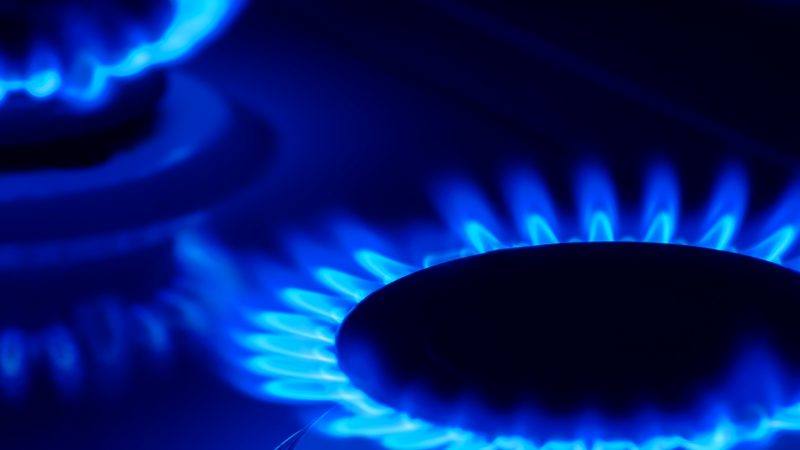
The average household energy bill is predicted to rise by hundreds of pounds in April. In the face of this cost-of-living crisis, which could see 2022 being branded as ‘the year of the squeeze’, Labour has focused on a VAT cut. The party called on the government to urgently remove VAT on domestic energy bills for six months from November, but the advice was not followed – despite Boris Johnson promising ahead of the EU referendum that Brexit would allow him to reduce the tax. Critics of the policy said it would not be well-targeted at those facing fuel poverty and would benefit richer households more. But it is a simple and quick measure that has cross-party support.
Labour has now built on its proposal, announcing that the party would “reduce Britain’s reliance on imported gas” by “accelerating home-grown renewables and new nuclear”, as well as retrofit 19 million homes over a decade via grants and loans, plus reform the “broken” energy system with better regulation of the market. Labour would fund its bid to reduce the expected price rise in April with a one-off windfall tax on North Sea oil and gas producers that have profited from price rises, Rachel Reeves announced over the weekend. The Shadow Chancellor explained the set of measures on the BBC’s Sunday Morning yesterday.
“Fuel bills will be lower for everyone. In 1993, VAT on household energy bills was imposed. This makes gas and electricity much more expensive… When we Vote Leave, we will be able to scrap this unfair and damaging tax,” Johnson wrote in The Sun, alongside Michael Gove, during the Brexit campaign. Now the Prime Minister will only criticise proponents of the policy for having backed Remain at the time, while Gove on the media round this morning refused to recommit to the pledge.
“Broken promises don’t pay the bills,” Ed Miliband said today. “Both Boris Johnson and Michael Gove promised to cut VAT on energy bills. But when push comes to shove, when families and pensioners really need support, they’ve broken that commitment. While Michael Gove backpedals, Rishi Sunak is missing in action.” With Tory Tees Valley mayor Ben Houchen today warning that levelling up needs to actually start happening or their party could lose the next election, and polls showing that voters are increasingly switching directly from the Conservative Party to Labour, government ministers are under pressure.
Sign up to LabourList’s morning email for everything Labour, every weekday morning.



More from LabourList
‘SEND reforms are a crucial test of the opportunity mission’
Delivering in Government: your weekly round up of good news Labour stories
Labour place third in Gorton and Denton by-election as Greens gain seat